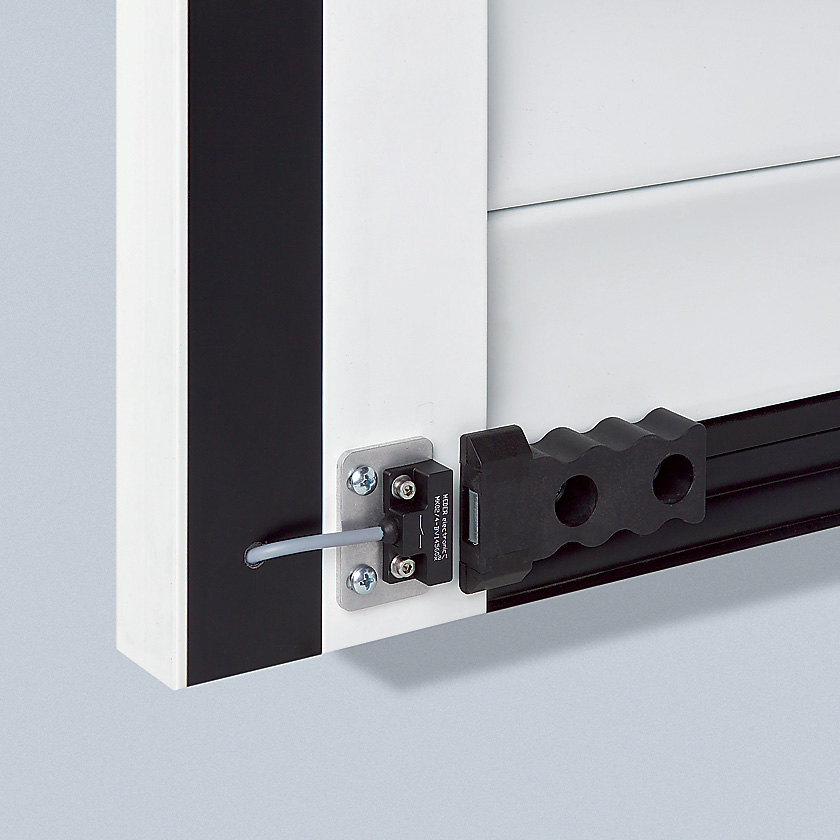Just like any mechanical item, there’s always the chance your garage door could go wrong. It might just be a minor issue or something bigger, that’s going to cost a bit, and take the skills of a local garage door company to repair it.

To help you recognise and diagnose problems you may be having with your garage door, this short article goes over some of the most common issues people have with garage doors, and ways to help prevent them.
The cars parked, you’re looking forward to having a bit of dinner, but when you go to close the garage door, it stops about an inch from the ground.
This is quite a common problem, and has a number of different causes, including –
A sticking garage door isn’t only frustrating, over time the garage door could jam shut, or it could create a security risk should the door become permanently stuck open.
The reasons for a stuck garage door could be a variety of different issues, but some of the most common are –
If you suddenly notice more squeaks, creaks or grinding noises coming from your garage door, it may just be a simple process of making sure moving parts are lubricated and correctly adjusted.
Or, in the event of a loud bang, it’s probably something more serious, such as a snapped cable or a broken spring, so we’d definitely recommend getting a garage door specialist to take a look.
Although there are some issues with your garage door that you can easily resolve yourself, certain components such as springs or motors can be extremely dangerous if the correct repair or inspection procedures aren’t followed. In these circumstances, we’d strongly recommend hiring a garage door professional.
If you’re looking for a garage door replacement or someone to repair garage door parts, or fix garage door problems, contact Garage Doors Ltd, either by using the contact form, sending us an email, or giving us a call, to speak to an experienced advisor.